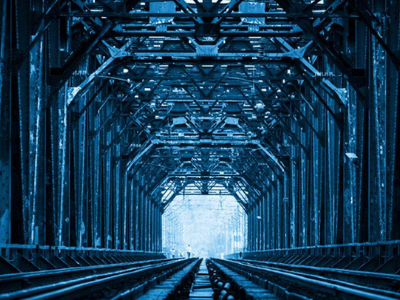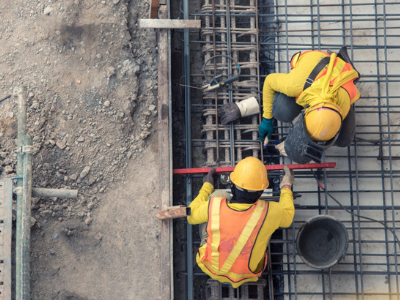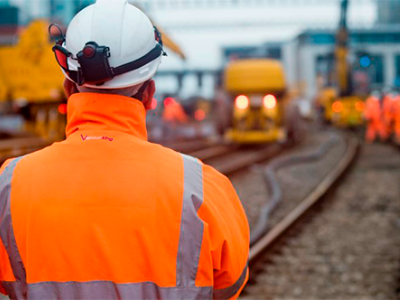CTM – powered by Sopra Steria
This article first appeared in the Railway-News magazine Issue 3 2021.
The Great British Shake-Up: How Will the New GBR Model Affect the Way You Work?
At the end of May, the government announced a series of changes to the rail industry that has implications across the entire the supply chain. The new state-owned body Great British Railways or GBR, will replace Network Rail as the manager of rail infrastructure in the UK and will also be given the responsibility over setting timetables, prices and ticket sales. One of the pioneers of this change, Transport Secretary Grant Shapps said GBR would replace an ‘overcomplicated and fragmented’ system, while the government said a more unified rail system would lead to more ‘high-quality, consistent services’ from 2023 onwards as well as better connections. So what are these changes and how will they affect the industry and the way you work?
Structurally for the rail industry, the changes mean that GBR is set to create ‘one guiding mind’ to oversee the industry, according to Shapps, to allow for increased accountability. GBR, will look more like TfL, with multiple operators under one umbrella. Most rail services will still be run by the private sector but under new ‘passenger contracts’; precise punctuality targets will have to be met for the first time. The customer-centric focus of the changes allows for a simplification of ticket purchasing and compensation; a greater digitalisation of the ticketing process; flexible season tickets and increased accessibility…











